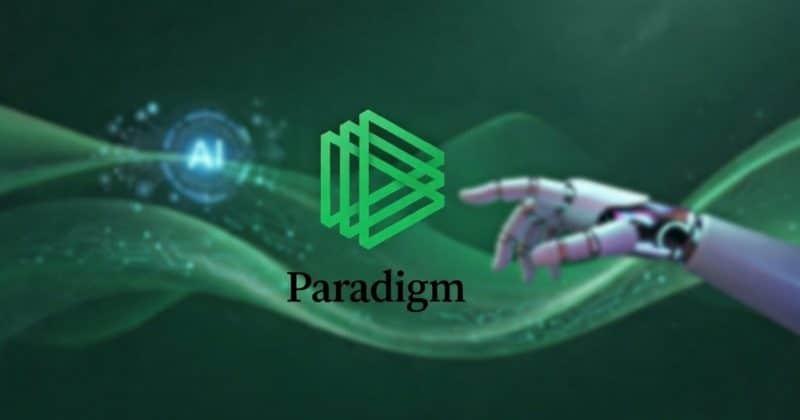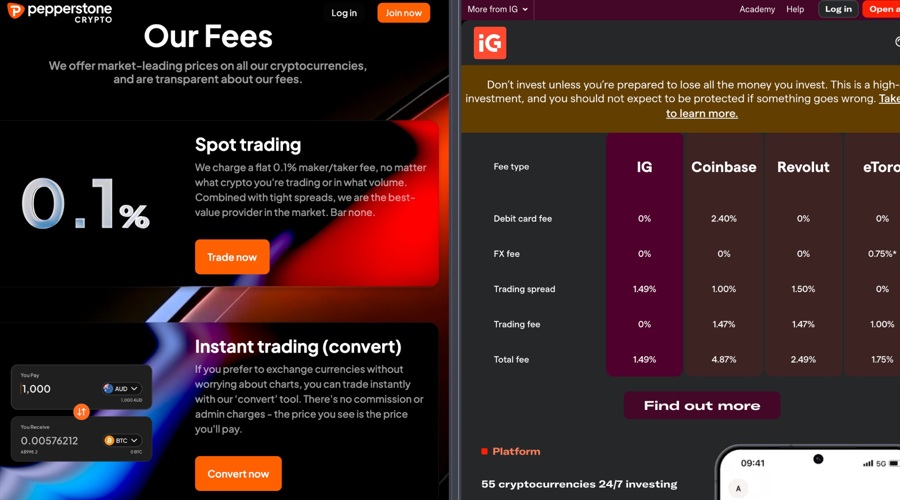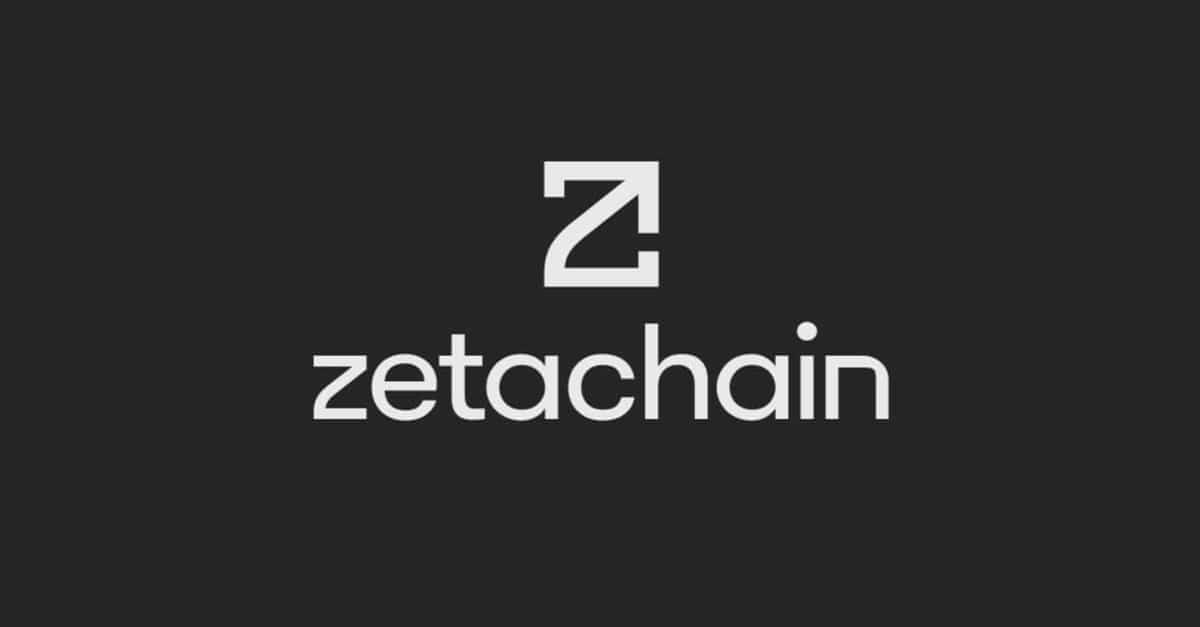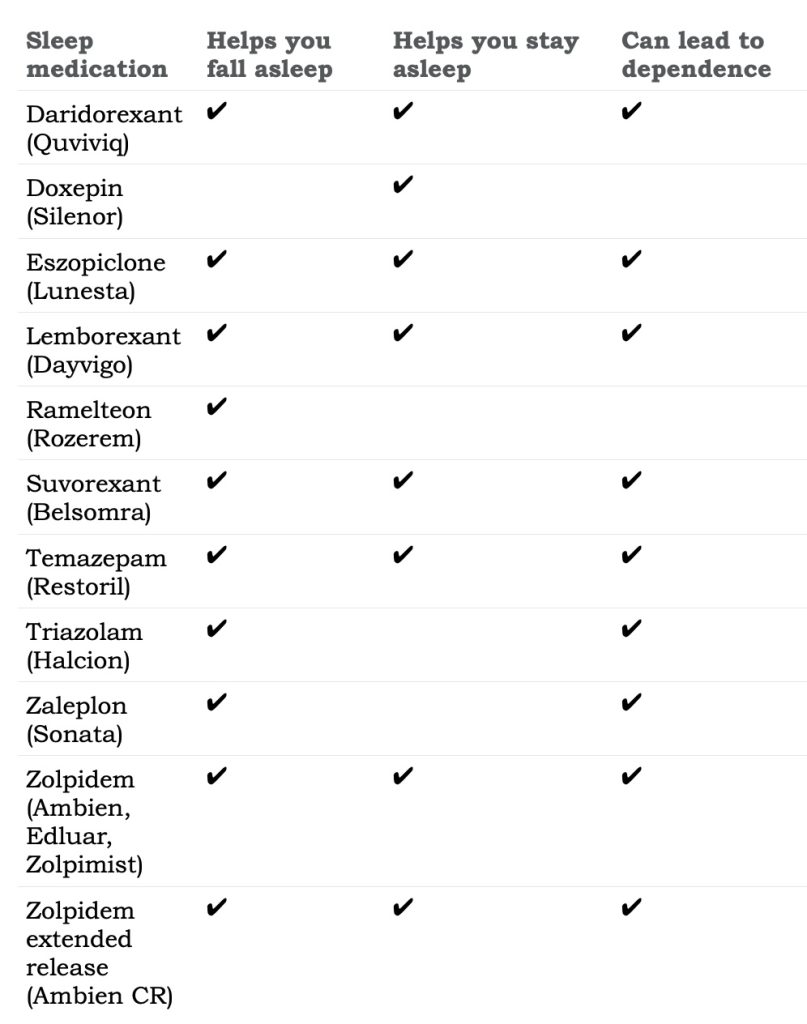Pay-to-use blockchains are done.
Not for us, of course — the nerdy crypto crowd. We’re perfectly happy to open wallets, engrave seed phrases on steel cards we bury in the ground, find exchanges we haven’t been blocked from yet, wrap some assets to leverage yield, and become OpSec professionals while we pray to the blockchain gods that the North Koreans aren’t online right now.
We’re fine with this. Years of experience have dulled the pain.
But the mass adoption we all hoped for? It relies on the 99% of people who have zero appetite for such trauma.
Related: An ETF will bring a revolution for Bitcoin and other cryptocurrencies
If permissionless blockchains are to become the backbone of our online experiences, three major changes need to happen:
- They need to become free.
- They need to become frictionless.
- They need to become familiar.
“Free” means free for the user, “frictionless” means as easy as opening an app or playing a video game, and “familiar” means we need to stop asking regular people to change their behavior to meet the limitations of our tech. We need to meet them where they already are.
Right now, we are zero for three. In fact, we’re so far away from where we need to be that we’re not even trying to address these problems seriously — we’re busy making small, incremental improvements to dysfunctional tech rather than addressing the root of the dysfunction itself.
Free to use
Layer-1 blockchains have been designed, built and funded by people who figure that their value is in directly monetizing the user.
This is a fallacy.
Google serves you ads. It monetizes you indirectly. Facebook monetizes your data, but it doesn’t charge you to use its platform. Apple’s store takes a 30% cut from developers and publishers, not from you.
In all cases, you’re paying — but not with cash.
Google is visited 85 billion times a month. If it monetized directly, charging just one-tenth of one cent to visit its homepage, it could theoretically pull in $85 million every single month.
It doesn’t, as the pool of people who want to pay for that experience with cash is infinitesimally small compared with those who are fine with Google serving them ads and keeping it free.
We are used to being monetized indirectly. But current blockchain protocols monetize us directly, asking us to pay gas fees for each transaction.
One of the most exciting premises of Web3 is that it creates the possibility for aligned incentives between creators and consumers. Countless nonfungible token (NFT) creators have found ways to grow communities around such incentives — but layer-1 blockchain builders just keep doing the same thing, over and over again.
And no matter how small their fees get, thanks to incremental reductions from the likes of Solana or the myriad layer 2s out there, it’s still a fee that most people won’t pay.
Frictionless and simple
We are not very loyal to our apps. Around 77% of daily active users abandon Android apps within three days. Estimates suggest that 25% of all downloaded apps are abandoned within minutes due to poor onboarding.
Andrew Chen, a partner at Andreessen Horowitz investing in games, metaverse and consumer tech, shared the following graph. He suggested that “the best way to bend the retention curve is to target the first few days of usage, and in particular the first visit.”
Compare the onboarding process of a poorly designed app to onboarding to crypto. It may be bad, but it’s not even the same sport. Crypto is the most user-unfriendly technology ever hawked to the public. To those who struggle with tech, it’s the digital equivalent of being punched repeatedly in the face.
By Mike Tyson.
In his heyday.
And over time, crypto has not become much friendlier. You, dear reader, are enjoying a specialist publication. You’re probably a degen with a liquidity position on Uniswap and a Milady in cold storage. But even the words in that sentence make no sense to a normal person.
So, blockchain has to change. It has to become a frictionless experience, a background technology, like everything else we use — from the internet to our phones to our TVs.
We don’t care how they work. We just care that they work.
Familiar and fun
Lastly, and perhaps my single biggest critique of the crypto industry, is how utterly nonchalant we have come about asking billions of people to do things they don’t really want to do.
Crypto has not been good at creating decentralized social media alternatives to Facebook. It has not been good at creating unique gaming experiences. It has not been good at replacing traditional supplier-user Web2 models with aligned-incentive Web3 models.
Related: Ethereum is about to get crushed by liquid staking tokens
It has been good at monkey pictures, scams, arguing on Twitter and speculative trading.
This is not to say that crypto is of no use. It absolutely is. The economic models that crypto enables will eventually be seen as a defining shift in power structures and personal autonomy, if we stop replicating the financial system and inequality that made crypto necessary in the first place.
But only if we make it as easy to use as opening an app or clearing a level in a game. Because that’s what people actually do, in real life.
This is all silly, impossible and just wishful thinking — right?
None of this is impossible.
We’ve just been conditioned to believe it is, as a few people have become very, very (very) rich by promoting pay-to-use foundational blockchains that have niche appeal, at best.
Ethereum is a wonderful innovation that will continue to serve as the foundation for decentralized finance precisely because it is secure, decentralized and slow-moving. But it’s not going to revolutionize gaming, as gamers will not pay gas fees. Period.
Solana is great for NFTs, maybe even for stablecoins. It won’t work for smart cities or the Internet of Things.
It’s time for the blockchain industry to acknowledge that our path toward becoming a foundation for consumer tech is blocked by these fundamental truths:
- People don’t want to pay for what should be free.
- They don’t want to do difficult things that should be easy.
- And they don’t want to change their behavior to fit our vision of the world.
The sooner we build protocols and applications that accept these realities, the sooner we silence the critics and change the world.
Jon Rice is the founder of the Koinos Federation, an alliance of projects building on the free-to-use Koinos blockchain. He was previously editor-in-chief at Cointelegraph, Blockworks and Crypto Briefing.
This article is for general information purposes and is not intended to be and should not be taken as legal or investment advice. The views, thoughts and opinions expressed here are the author’s alone and do not necessarily reflect or represent the views and opinions of Cointelegraph.
















